- Call Us 03 8353 2113
- Mail Us sale@laxmidoor.com
Blog
How to Choose the Best Security Doors for Your Home
When it comes to safeguarding your home, choosing the right security doors is paramount. According to a 2020 report by the Burglaries Prevention Research, nearly 30% of break-ins occur through unsecured doors, highlighting the critical role that robust entryways play in home security. Security doors not only provide a physical barrier against intruders but also feature advanced locking mechanisms and materials designed to withstand forced entry. In fact, a study by the International Security Door Association found that homes equipped with high-quality security doors are up to 40% less likely to experience a burglary. As homeowners increasingly prioritize safety, understanding how to select the best security doors tailored to your specific needs is essential for enhancing your overall home protection strategy.
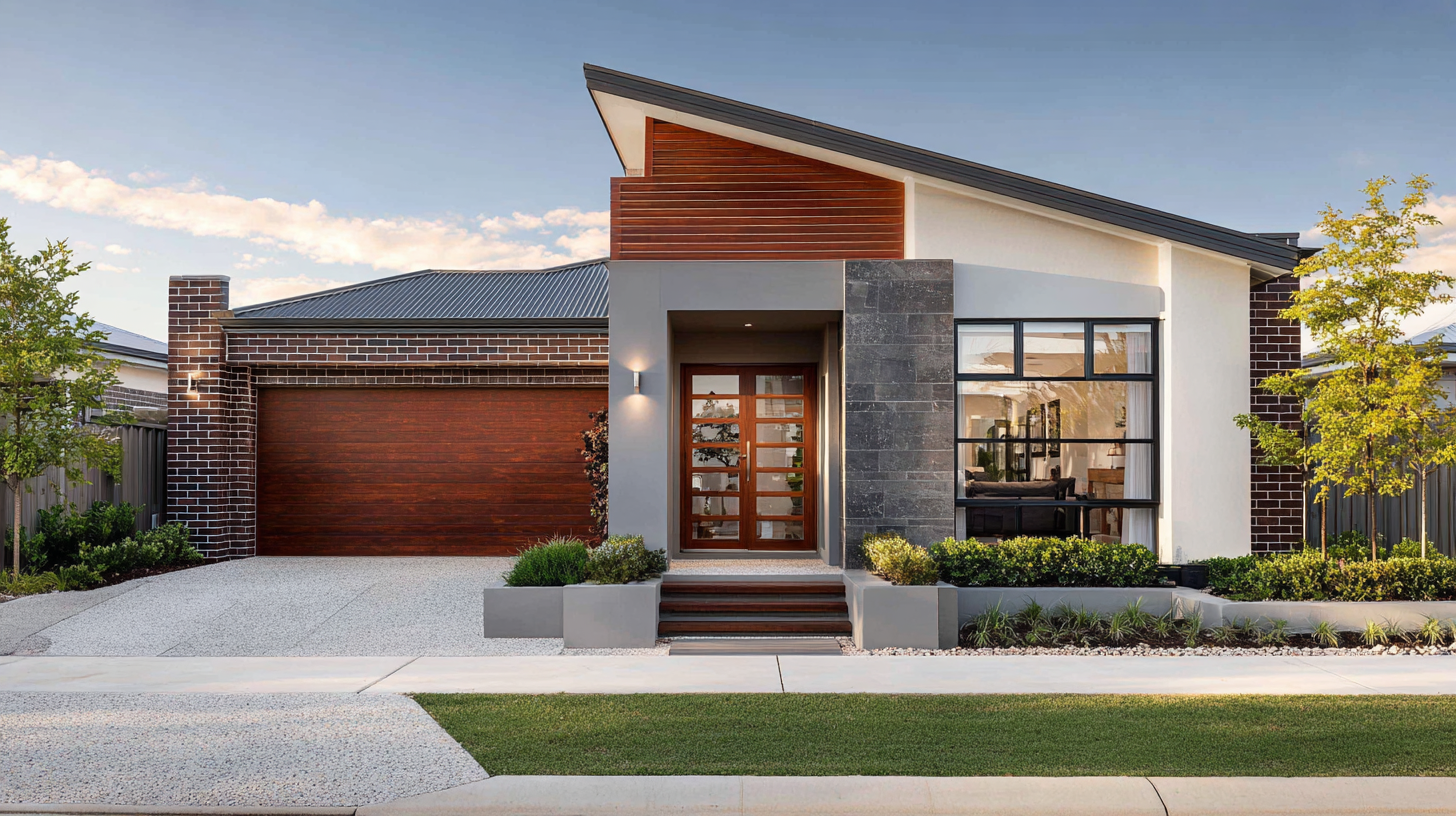
Understanding the Importance of Security Doors for Home Protection
When considering home protection, the importance of security doors cannot be overstated. A robust security door acts as the first line of defense against unauthorized entry, significantly reducing the likelihood of home invasions. According to a study by the Bureau of Justice Statistics, approximately 2.5 million burglaries occur in the United States each year, with a notable percentage of these crimes being facilitated by weak entry points such as doors. By investing in high-quality security doors, homeowners can deter potential burglars and enhance their overall safety.
Moreover, a criminologist's insights reveal that many burglars often target homes that appear easy to access. Implementing security doors made from durable materials, equipped with high-grade locks and reinforced frames, can make a substantial difference. Research indicates that homes with visible security measures, including sturdy doors, experience a 30% lower rate of successful break-ins. As homeowners prioritize safety, choosing effective security doors is a critical step toward creating a secure living environment for their families.
Identifying Key Features of High-Quality Security Doors
When selecting security doors for your home, it's crucial to focus on key features that enhance both safety and durability. One of the primary aspects to consider is the material of the door.
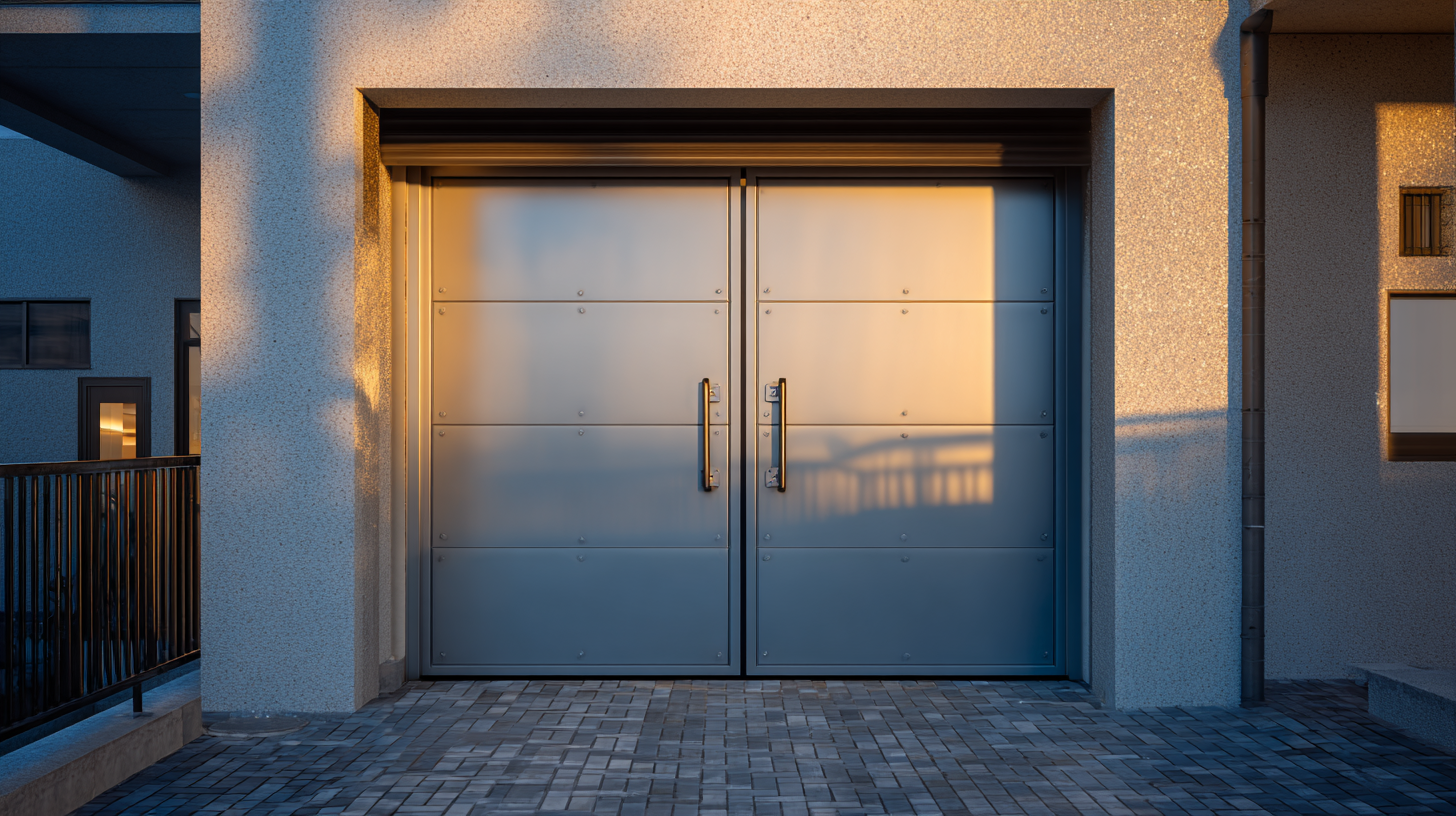 Steel and fiberglass are excellent choices due to their strength and resistance to forced entry. Look for doors with a solid core rather than hollow materials, as this adds an additional layer of protection. Furthermore, the thickness of the door is a significant factor; doors that are at least 1.75 inches thick tend to offer better security.
Steel and fiberglass are excellent choices due to their strength and resistance to forced entry. Look for doors with a solid core rather than hollow materials, as this adds an additional layer of protection. Furthermore, the thickness of the door is a significant factor; doors that are at least 1.75 inches thick tend to offer better security.
In addition to the material and thickness, the locking mechanisms find an essential place in your evaluation. Opt for high-quality deadbolt locks that extend deep into the door frame, as they provide superior resistance against tampering. Reinforced frames and hinges are also critical, as they prevent break-ins at the weakest points of the door. Some high-quality security doors come with features like multi-point locking systems and smart technology integration, enhancing both convenience and security. By prioritizing these features, homeowners can ensure they are choosing doors that effectively protect against intrusions.
Exploring Different Types of Security Doors Available
When selecting a security door for your home, it's essential to explore the various types available to ensure you choose the one that best fits your needs. Steel security doors are among the most popular options due to their durability and resistance to forced entry. They often feature a reinforced frame and can be customized with attractive finishes, making them both functional and aesthetically pleasing. Additionally, steel doors are less prone to warping and provide excellent insulation.
Another option to consider is fiberglass security doors, which offer a lightweight and corrosion-resistant alternative. These doors can replicate the look of wood while providing superior strength and security. Many fiberglass doors come with advanced locking systems and impact-resistant glass, ensuring that your home remains protected without compromising on style. When choosing between these types, think about your home's architectural style, the level of security you desire, and your budget to find the perfect fit.
Types of Security Doors and Their Features
Evaluating Material Options for Maximum Durability
When selecting security doors for your home, evaluating material options is crucial to ensure maximum durability and protection. Steel, fiberglass, and aluminum are among the most popular choices, each offering unique benefits. According to a report by the Door and Access Systems Manufacturers Association (DASMA), steel doors are known for their high strength-to-weight ratio, making them less susceptible to impact and forced entry. In fact, steel doors can endure impact loads of up to 1000 pounds, which significantly enhances home security.
Fiberglass doors, while slightly less robust than steel, provide exceptional resistance to weather-related wear and tear. The US Department of Energy reports that fiberglass doors can contribute to energy efficiency by minimizing heat loss, thus providing a dual benefit of security and insulation. Moreover, fiberglass options often require less maintenance compared to wood, which can warp or rot over time. Aluminum doors, on the other hand, combine lightweight properties with corrosion resistance, making them an ideal choice for coastal regions. With extreme durability and an ability to withstand harsh conditions, they are increasing in popularity among homeowners seeking a balance of strength and aesthetics.
How to Choose the Best Security Doors for Your Home - Evaluating Material Options for Maximum Durability
| Material | Durability Rating | Resistance to Weather | Fire Resistance | Weight | Cost Range (USD) |
|---|---|---|---|---|---|
| Steel | High | Excellent | Yes | Heavy | 200 - 500 |
| Fiberglass | Moderate | Good | Yes | Light | 150 - 400 |
| Aluminum | Moderate | Good | No | Light | 100 - 300 |
| Wood | Low | Fair | No | Moderate | 150 - 600 |
Assessing Installation and Maintenance Considerations for Security Doors
When choosing security doors for your home, installation and maintenance considerations play a crucial role in ensuring long-term protection and functionality. According to a report by the Security Industry Association, about 60% of break-ins occur through entry points other than windows, underscoring the importance of a secure entrance. Proper installation is essential; opting for professional installation can reduce the risk of vulnerabilities that may arise from improper fitting or securing of the door frame. Many manufacturers recommend that homeowners select doors that meet specific standards, such as those set by the American National Standards Institute (ANSI), which evaluates doors on their resistance to forced entry.
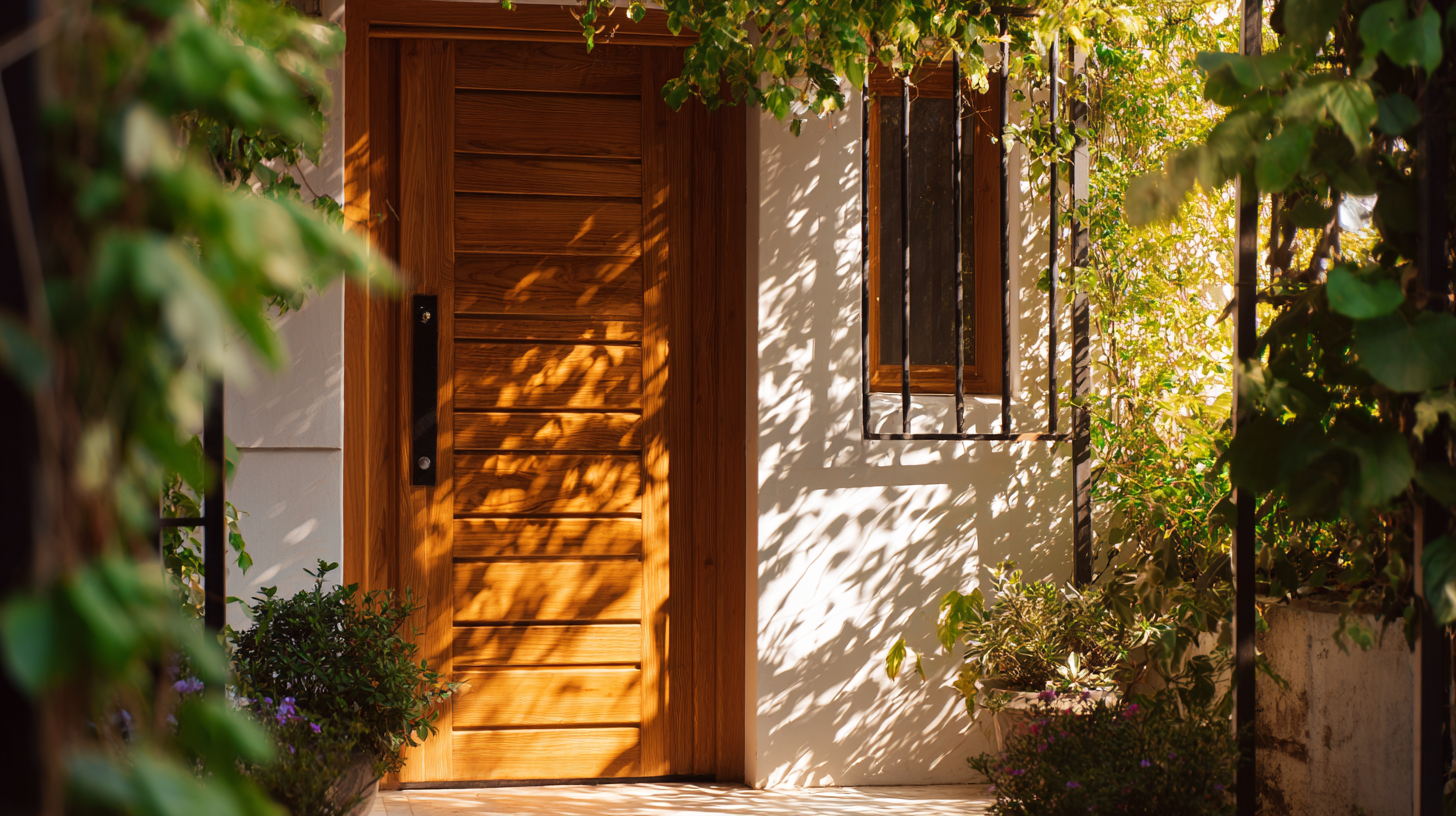
Maintenance is equally significant in prolonging the life of security doors. Regular inspections can prevent wear and tear that might compromise their effectiveness. The National Association of Home Builders notes that performing routine checks, such as assessing the integrity of the frame, hinges, and locks, can prevent over 30% of potential security failures. Additionally, proper care, such as lubricating locks and checking for rust or corrosion, ensures that the door remains functional and reliable. By prioritizing both installation and maintenance, homeowners can create a robust line of defense against intrusions, enhancing their overall home safety.
Related Posts
-
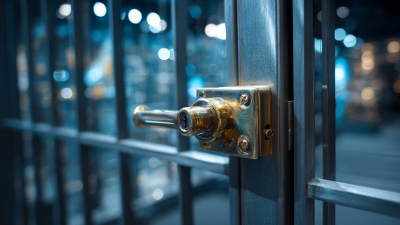
How to Achieve Import Export Certification for Best Security Doors For Business
-
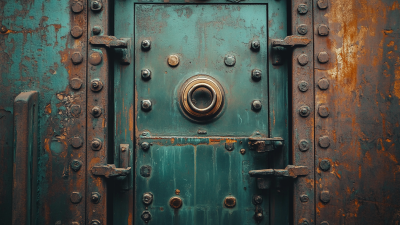
Real World Applications of Security Doors in Global Markets
-

How to Choose the Best Security Doors for Your Business Needs
-

Comprehensive Guide to Security Doors and Screens Features and Optimal Selection for Global Buyers
-

Rising Above Tariffs: How China's Best Security Doors Are Thriving in a Competitive Market
-

The Ultimate Security Door Installation Checklist for Global Sourcing Success
